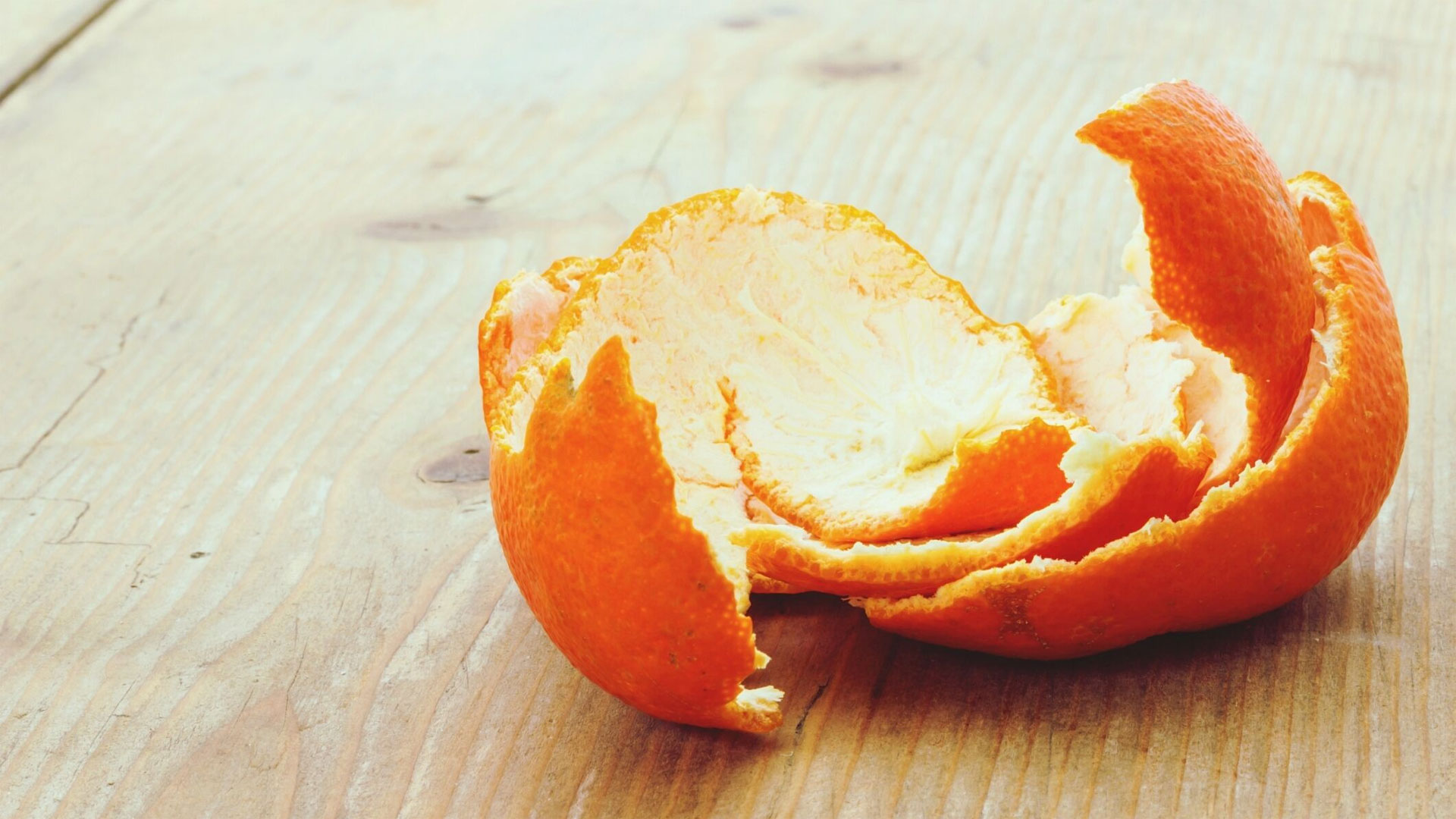9 Foods That Reduce Stress Levels
Chew on this...

Reach for these items next time you're feeling under pressure, under the weather, or just too close to that breaking point. Munching on these stress-free foods will help pull you back into the game.
Oranges
A German study in Psychopharmacology found that vitamin C helps reduce stress and return blood pressure and cortisol to normal levels after a stressful situation. Vitamin C is also well-known for boosting your immune system.
Sweet Potatoes
Sweet potatoes can be particularly stress-reducing because they can satisfy the urge you get for carbohydrates and sweets when you are under a great deal of stress. They are packed full of beta-carotene and other vitamins, and the fiber helps your body to process the carbohydrates in a slow and steady manner.
Dried Apricots
Apricots are rich in magnesium, which is a stress-buster and a natural muscle relaxant as well.
Almonds, Pistachios & Walnuts
Almonds are packed with B and E vitamins, which help boost your immune system, and walnuts and pistachios help lower blood pressure.
Turkey
Turkey contains an amino acid called L-tryptophan. This amino acid triggers the release of serotonin, which is a feel-good brain chemical. This is the reason why many people who eat turkey feel relaxed, or even tired, after eating it. L-Tryptophan has a documented calming effect.
Spinach
A deficiency in magnesium can cause migraine headaches and a feeling of fatigue. One cup of spinach provides 40 percent of your daily needs for magnesium.
Get exclusive access to fashion and beauty trends, hot-off-the-press celebrity news, and more.
Salmon
Diets high in omega-3 fatty acids protect against heart disease. A study from Diabetes & Metabolism found that omega-3s keep the stress hormones cortisol and adrenaline from peaking.
Avocados
The monounsaturated fats and potassium in avocados help lower blood pressure. The National Heart, Lung, and Blood Institute says that one of the best ways to lower blood pressure is to consume enough potassium (avocados have more than bananas).
Green Vegetables
Broccoli, kale, and other dark green vegetables are powerhouses of vitamins that help replenish our bodies in times of stress.
More stress-busting tips:
- Exercise reguarly
- Drink an energy shake for breakfast
- Eat small meals throughout the day, which will keep your blood sugar stable (when blood sugar is low, mental, physical, and emotional energy decreases, and stress increases).
Dedicated to women of power, purpose, and style, Marie Claire is committed to celebrating the richness and scope of women's lives. Reaching millions of women every month, Marie Claire is an internationally recognized destination for celebrity news, fashion trends, beauty recommendations, and renowned investigative packages.